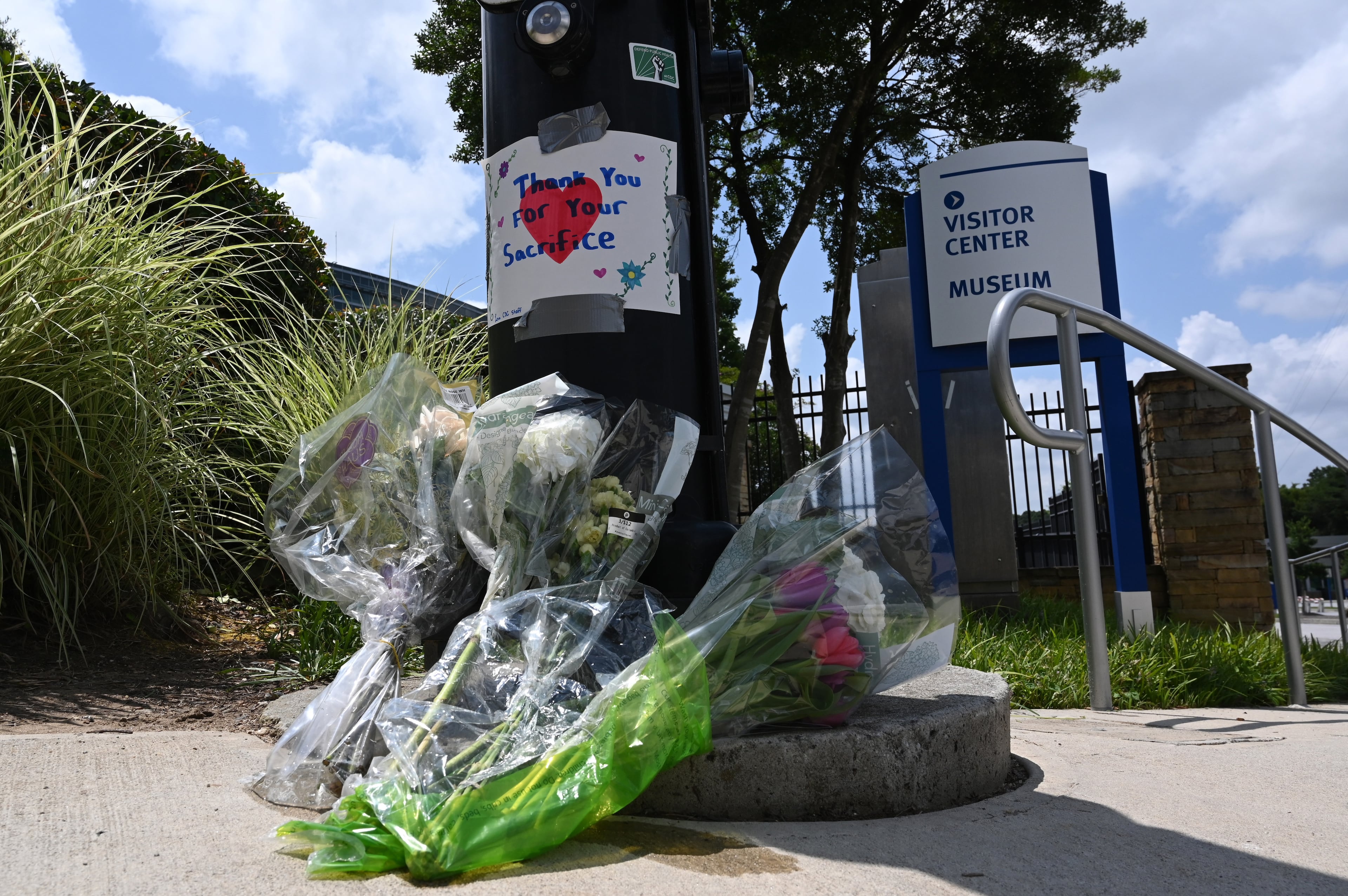Studies indicate pandemic may have worsened memory
As we head into the third year of the pandemic, you may feel that recalling memories have been tougher and tougher.
Recent studies have shown that the pandemic has caused worsened memory.
Social isolation
A study published by the Journals of Gerontology found that as social isolation increased, memory decreased. Social distancing and the lack of social interaction is responsible for a decline in memory; each plays a factor in isolation.
Studies have shown that the effects of social isolation can cause a decline of function in the hippocampus, the brain region responsible for learning and memory. One’s social life is already used as a predictor for cognitive decline and the development of brain disorders such as Alzheimer’s disease.
Increasing interactions with loved ones and friends is beneficial for health. There are plenty of ways to safely socialize during the pandemic, such as through Zoom, phone calls, social media and social apps. Meeting with others masked, or in outdoor, open spaces, following guidelines set by the Centers for Disease Control and Prevention can help mitigate social isolation.
Stress
There are many stressors caused by the pandemic. They include trying to stay safe and avoiding catching COVID-19, worrying about your own or a loved ones’ well-being or having increased feelings of anxiety. The added stress of the pandemic can deteriorate memory even more.
Studies that applied stress onto lab animals found that they had an increased failure rate on memory-related tasks. Additionally, stress impacts the type of memories formed and the ability to learn. Stress makes it harder for individuals to retain short-term memories, making it difficult to grasp new concepts.
Self-care strategies have been proven to help reduce stress and manage the multiple stressors you encounter on a daily basis. Practices such as eating well-balanced meals, setting boundaries for yourself, maintaining a healthy sleep cycle and getting vaccinated are some of many strategies you can include to reduce stress in your life, according to the CDC.
Fatigue
Fatigue and brain fog are common symptoms of COVID-19 that can affect your memory. Fatigue affects your ability to concentrate and can make you feel exhausted when trying to do tasks.
Research conducted by Oxford’s Department of Experimental Psychology and Nuffield Department of Clinical Neurosciences found that declining cognitive performance is a long-term symptom of COVID-19.
The study found that participants were shown to have worsened episodic memory, a type of long-term memory that contains information on what, when and where an event has happened. This occurred up to six months after being infected by COVID-19. Participants had greater difficulty in sustaining attention for up to nine months after being infected.
However, the study found that most people were able to make a full recovery in their memory by the nine-month mark. Exercising, practicing mindfulness and getting a good night’s sleep can help manage fatigue.
For more content like this, sign up for the Pulse newsletter here.


